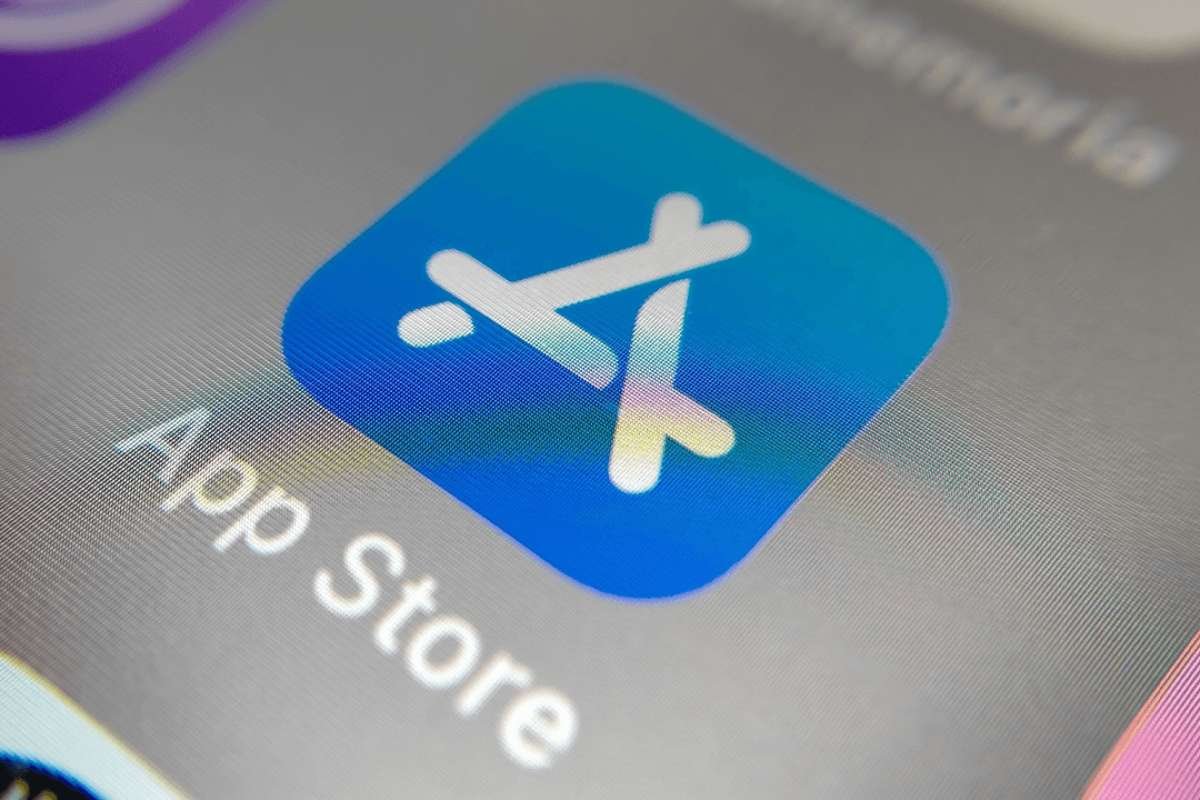In a landmark shift for digital app developers and the crypto industry, Apple has updated its U.S. App Store guidelines to allow apps to include links directing users to external payment platforms. The change, effective from May 2, 2025, is seen as a major win for the crypto community, particularly developers focused on NFTs, decentralized finance (DeFi), and wallet applications. The decision follows a federal court’s enforcement of a 2021 injunction from Epic Games’ antitrust lawsuit, which found Apple in violation of competition rules by restricting payment alternatives. This new policy is a significant development for Apple NFT apps and crypto applications.
Under the new policy, U.S.-based app developers can now embed buttons and hyperlinks that guide users to third-party payment systems—without Apple’s oversight or commission fees, which previously reached as high as 30%. These changes remove significant financial and technical barriers, empowering developers to implement more flexible, cost-effective payment solutions.
Crypto Industry Celebrates Increased Flexibility
The response from the crypto sector has been overwhelmingly positive. By enabling external payment options, developers of Apple NFT apps, marketplaces, DeFi platforms, and wallet services can retain a larger portion of their revenue. Prior to the update, Apple’s in-app purchase system required a commission of between 15% and 30%, drastically reducing profitability for crypto-based apps. The revised guidelines now enable these developers to integrate services like Stripe or other third-party processors directly, expanding the utility and adoption of mobile crypto applications.
One enthusiastic social media user summed up the mood on May 3, stating, “Mobile crypto just got unleashed.” This statement reflects the widespread belief that Apple NFT apps updated policy will accelerate mainstream access to blockchain-based technologies. However, some observers tempered the excitement by pointing out that the changes are limited to the U.S. market. Moreover, Apple’s longstanding restrictions on apps offering initial coin offerings (ICOs) and cryptocurrency mining remain in place.
Broader Implications and Legal Pushback
Apple’s policy change comes amidst increasing global pressure for tech giants to operate more openly. The European Union’s Digital Markets Act, among other regulatory efforts, has been pushing for greater competition and reduced monopolistic behavior within digital ecosystems. In the U.S., the court’s ruling against Apple has effectively compelled the company to make these modifications. However, Apple has expressed its intention to appeal the decision, indicating that these changes may evolve further depending on future legal outcomes.
Despite its disagreement with the court’s mandate, Apple NFT apps decision marks a pivotal development in how digital transactions, particularly those involving crypto assets, can function within mobile platforms. For now, U.S. developers and users will benefit from reduced costs and increased transaction flexibility—an important step in bridging mobile technology with the growing world of decentralized finance.
Visit more of our news! CIO Women Magazine.








